With the support of UNHCR, ACTED rehabilitates three collective shelters in Ibb governorate, Yemen.
As 2017 makes its start, conflict in Yemen continues to rage and the humanitarian crisis only deepens. More and more are forced to flee their homes, and for those families with nowhere else to go, collective shelters are often the destination. In Ibb governorate, reports place the number of those internally displaced at around 115,000 and the number of collective shelters at 63, where thousands of people are living with only basic shelter materials and without access to basic water, hygiene and sanitation services.
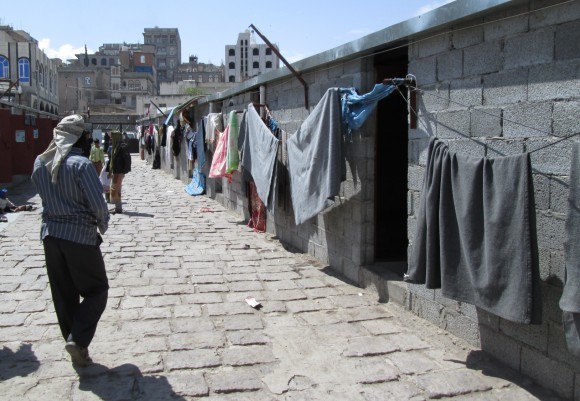
In March 2016, ACTED conducted an assessment on the living conditions facing internally displaced populations in collective shelters in Ibb. The findings of report were startling – large families were inhabiting small spaces, lacked mattresses, were sharing blankets, and were without essential items to cook, clean and live comfortably. Access to clean water was also limited, whilst washing and sanitation facilities were non-existent or otherwise often non-functional. Some of the water being used was not fit for human use and rubbish was accumulating. The combination of these factors was significantly raising the risk of illness and disease for resident populations.
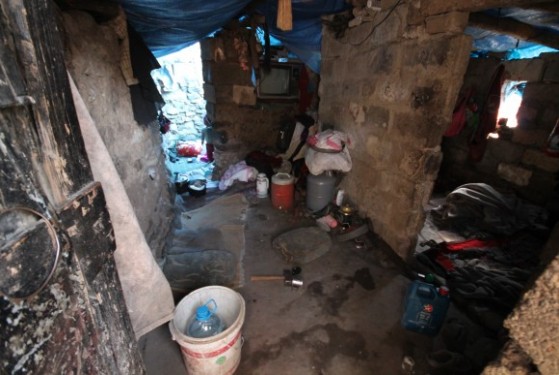
The concerning state of collective shelters in Ibb revealed by ACTED’s March 2016 assessment provided the impetus for project with UNHCR to rehabilitate the structure and water, sanitation and hygiene facilities of three collective shelters. To mark the close of this intervention, ACTED talks to beneficiaries about their experiences and highlights some of the project’s key successes.
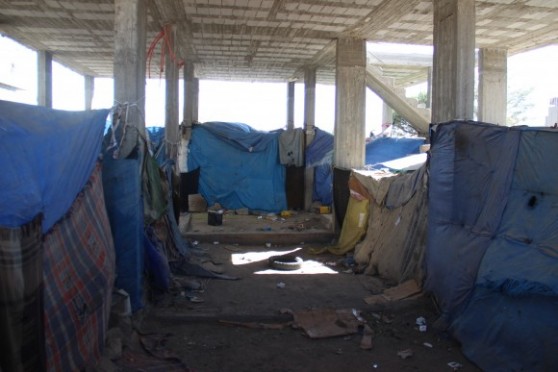
Making daily living more comfortable and secure
Following the escalation of violence in Nabel’s home city of Sa’adah in April 2015, he like many others, made the decision to head south with his wife and sons to a collective shelter in Ibb. While the collective shelter was a reprieve from the fighting, it came with its own set of challenges. At first Nabel tells us that he and his family lived in the entrance way under a plastic cover. “It was cold, water from the rain would leak into our living space, and I was constantly worried about insecurity because anyone could break in. There was no privacy and it was not clean. There was no water taps and the sewage and water network system was not working,” Nabel says. Thanks to the UNHCR funded ACTED project:
Conditions inside the shelter changed completely and the pride and dignity of displaced people were restored. My family and I were given our own private room and the bathrooms were equipped with doors and lights. Living became more comfortable and secure.
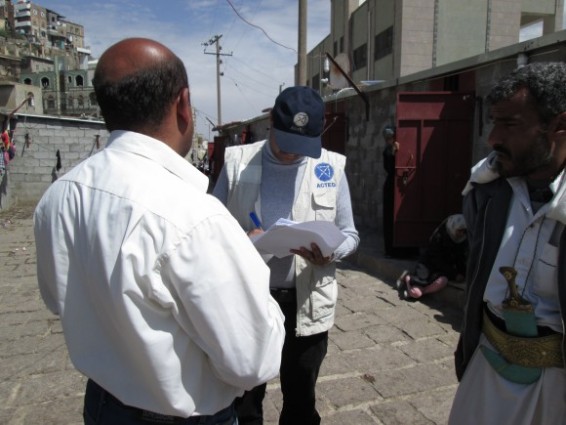
“Most of the time, we slept on the roof”
In June 2015 latefah’s flat was damaged by a bomb. Without money to rent a flat, she and her family as well as her brother’s family relocated together from Taizz to a collective shelter in Ibb. Iatefah tells us that “the shelter before the rehabilitation was so crowded. We were living in one room with two families so we did not have a privacy. There was not enough space so most of the time we slept on the roof.”
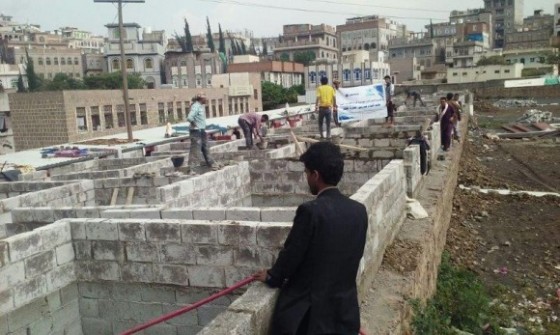
After the intervention the big change was that we were given a new room separated from the other family so we could now have complete privacy. We have areas for children to play not like before. We are comfortable and happy to stay here.